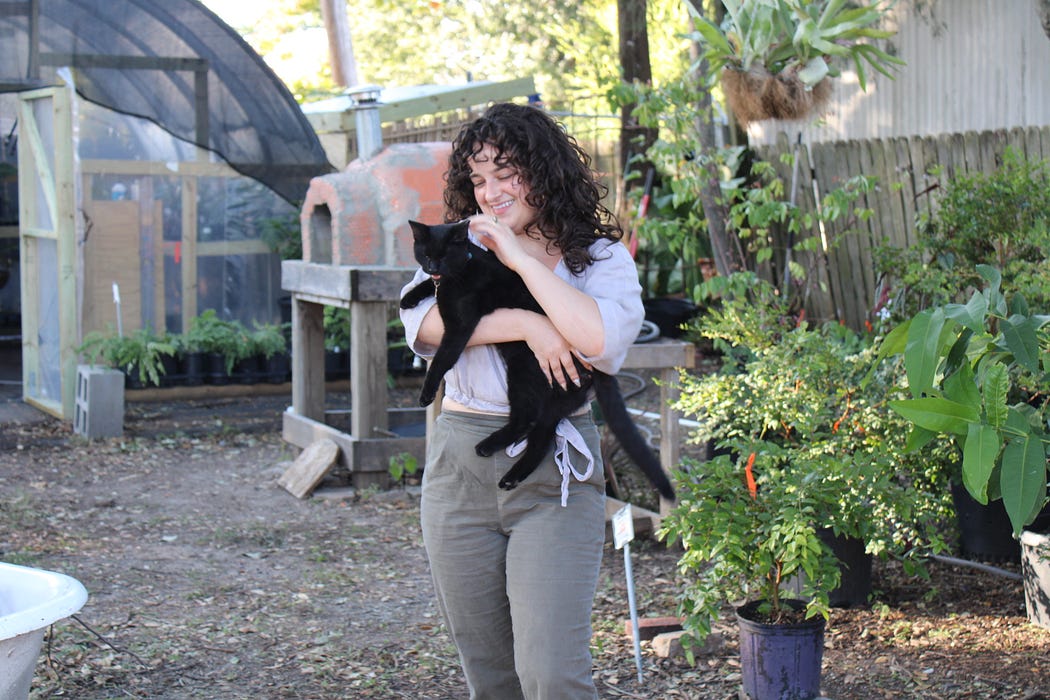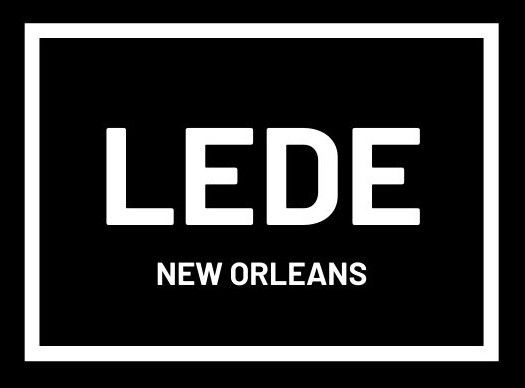What is somatic healing?
Listen as Nia Woodside explores accessible and affordable ways New Orleanians can care for their mental and physical health.

Behind This Story
This article is part of "Get Ya Mind Right," a multimedia content series and event exploring mental wellness and mental health care access in New Orleans. The series was produced by the Fall 2022 Lede New Orleans Community Reporting Fellows who spent 16 weeks researching, completing interviews and documenting local stories around mental health and mental wellness. If you or someone you know is struggling or in crisis, help is available. Call or text 988 or chat 988lifeline.org
By Nia Woodside
Last month, I met with Kali Serna at Milo Gardens, a small plant nursery located just over the Jefferson Parish line in a neighborhood off of Jefferson Highway.
The garden was a beautiful, unexpected hideout in the city. I was meeting Serna to discuss mental wellness. The beautiful greenery and overall great energy was the perfect setting.
Serna, 29, has suffered from chronic pain related to medical issues for most of her life. In recent years, she’s discovered the power of somatic healing — also know as somatic therapy — to help her check in with her body, manage anxiety and physical pain, and improve her overall well-being.
Click on the audio link below to hear Serna share her story and listen to excerpts from our conversation about what it means to tune in with our bodies and listen more closely.
Nia Woodside is a New Orleans native, a student at Loyola University New Orleans and a Fall 2022 Community Reporting Fellow. Woodside, 20, is studying psychology. She has previously interned with WYES PBS and NOLA.com.
This piece is available to republish under a Creative Commons license. Read Lede New Orleans’ publishing guidelines here.
Support Lede New Orleans and its community-centered reporting by becoming a supporting donor.

